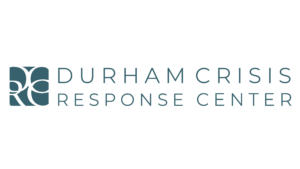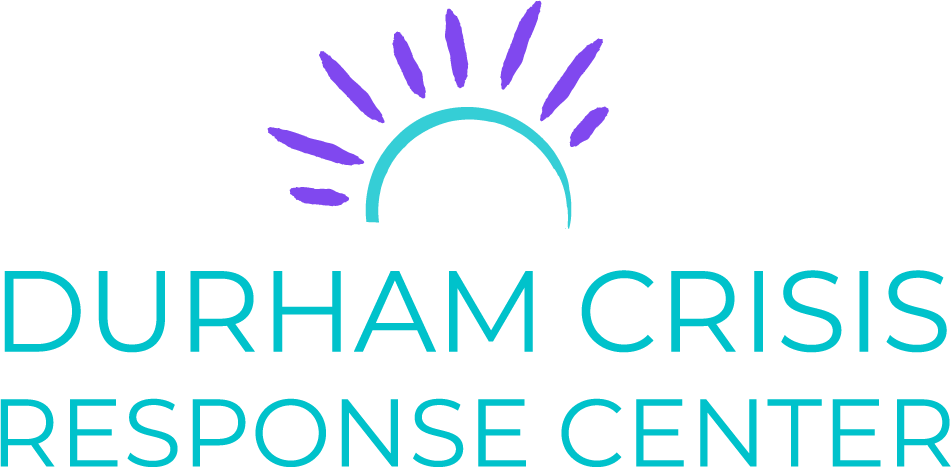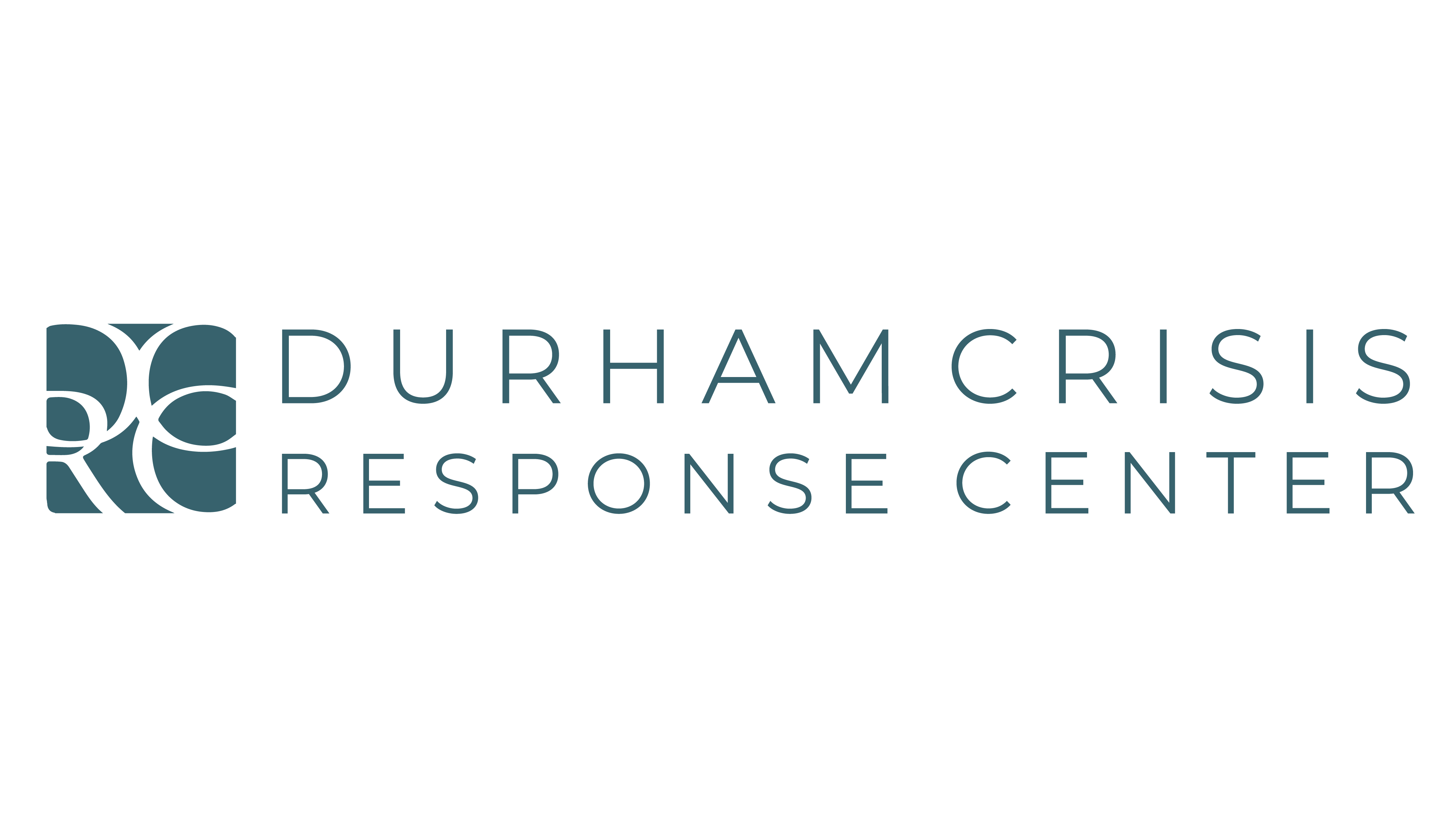
Our History
Durham Crisis Response Center: Domestic and Sexual Violence Services is the result of the merger of two long-standing community agencies that together served the Durham community for over twenty years: Rape Crisis of Durham (RCD) and the Orange-Durham Coalition for Battered Women.
In February 2001, the Boards of both agencies voted to create one comprehensive agency to provide domestic and sexual violence services. Planning for the merger began in 1999, and the Boards finalized the merger on October 15, 2001.
Durham Crisis Response Center (DCRC) is now the only agency in Durham dedicated to providing advocacy, shelter and support services to victims of domestic and sexual violence. Our ultimate goal is to ensure every victim is a survivor.

Our Mission
The Durham Crisis Response Center works with the community to end domestic and sexual violence through advocacy, education, support, and prevention.

Vision
Every day, Durham Crisis Response Center (DCRC) helps those whose lives are torn apart by domestic, sexual and family violence and human trafficking. Our neighbors, friends, and family members sought and received help from DCRC. They needed someone to listen in a supportive and nonjudgmental way.

Values
DCRC is here to help, and we do this by offering a place that is safe and secure—free from abuse. DCRC is a place where victims of domestic, sexual and family violence and human trafficking can find a safe haven, and with guidance and support, they can find their voice and the strength to rebuild their lives. DCRC is a refuge, a place of safety, hope, and new beginnings.
Our goal is always to be there when a survivor is in need.
Our Work
Durham Crisis Response Center (DCRC) has been the sole provider of comprehensive shelter and support services to survivors of domestic, sexual, and family violence, and human trafficking and their families, in the Durham area.
DCRC’s continuum of service includes a free and confidential 24-Hour Help Line; emergency shelter; safety planning; crisis intervention; information and referrals for job training, housing, and childcare; counseling and support groups; legal advocacy; assistance with filing for victim compensation; hospital accompaniment; community education and outreach.
All of DCRC’s services are free, confidential, and available in English and Spanish. DCRC also offers educational workshops and professional training for service providers, law enforcement, hospitals, faith-based organizations, schools, civic groups, and other community members.

